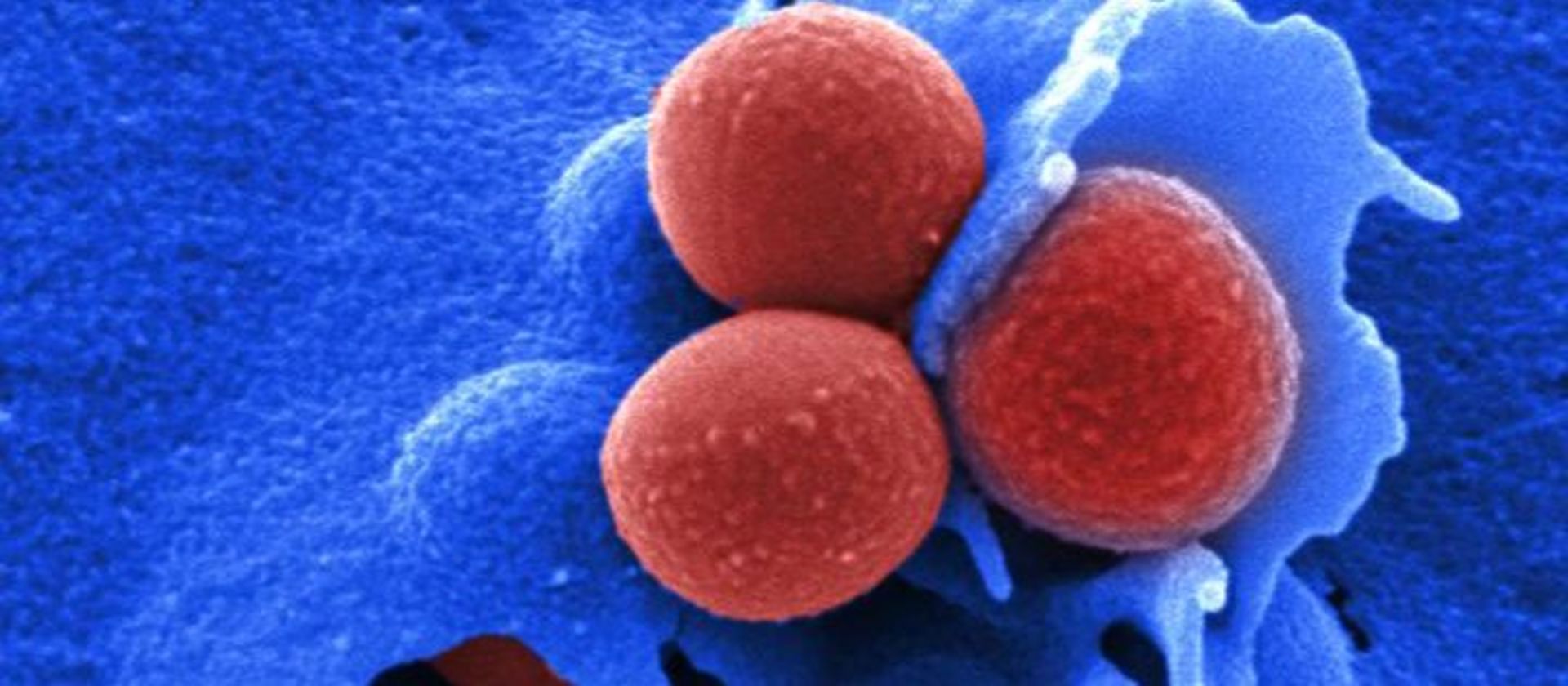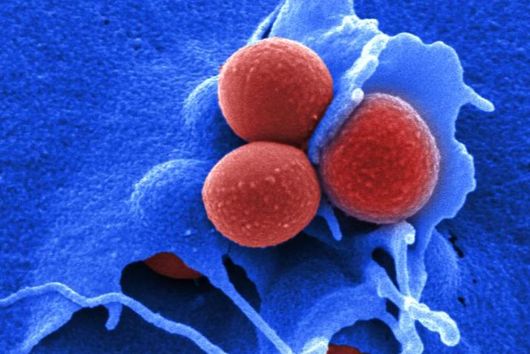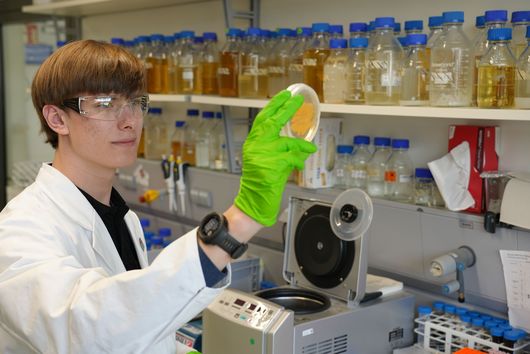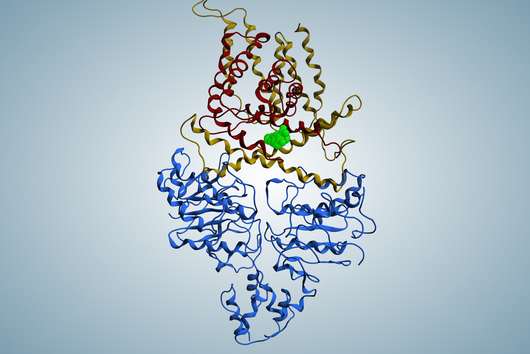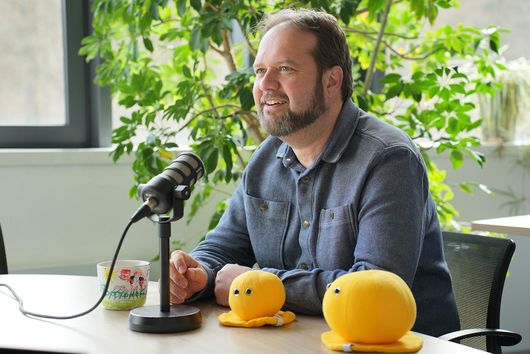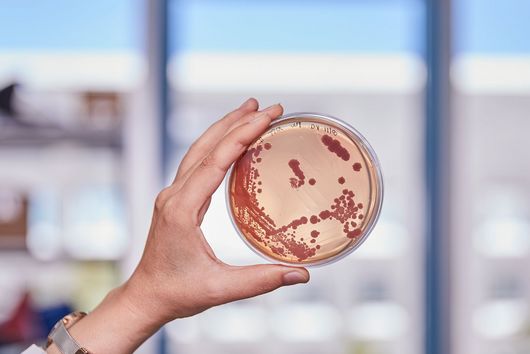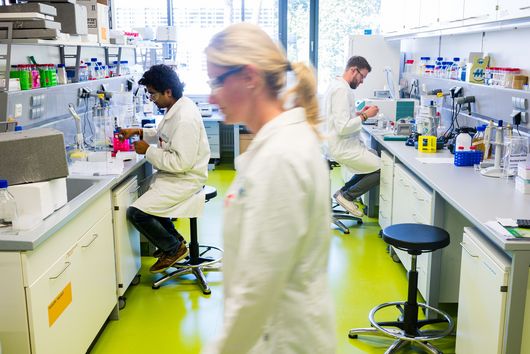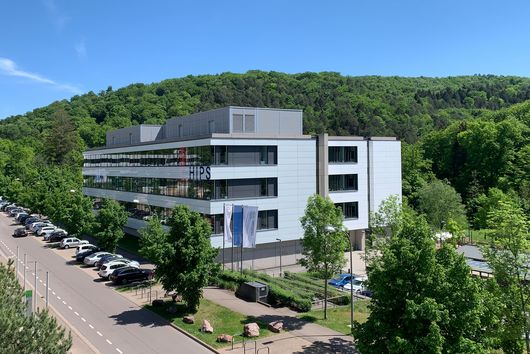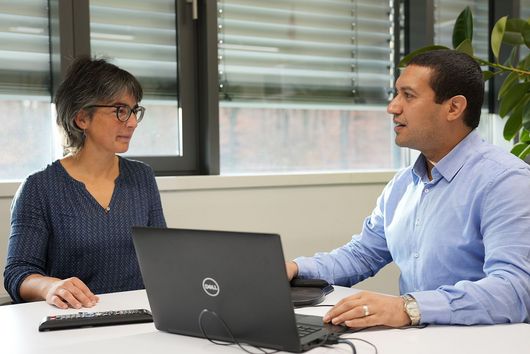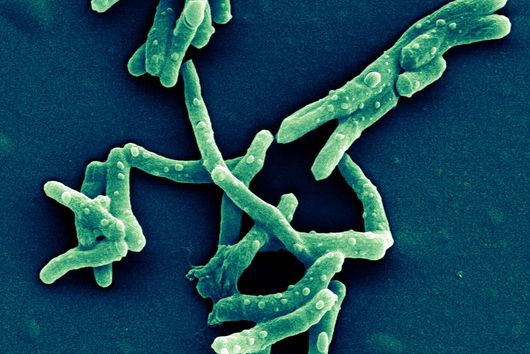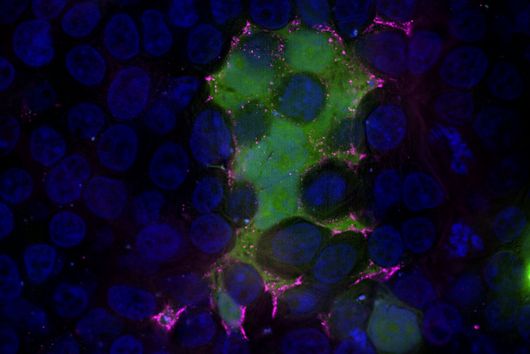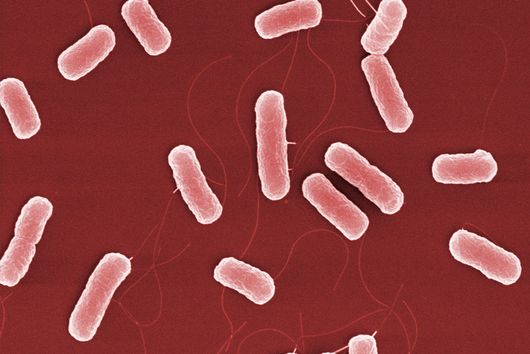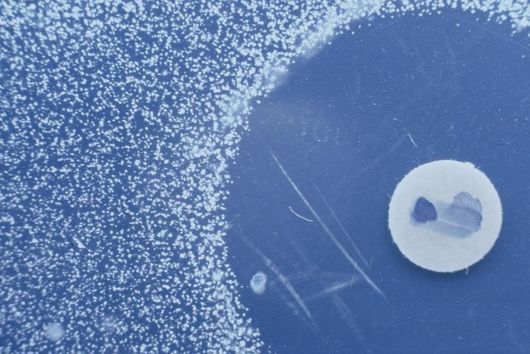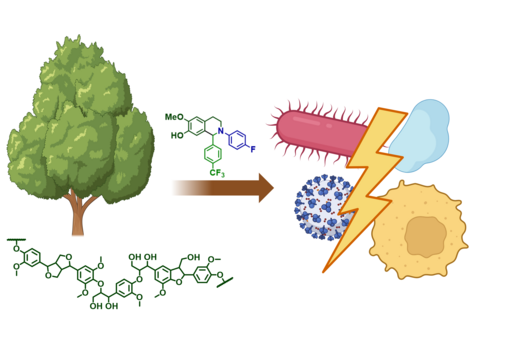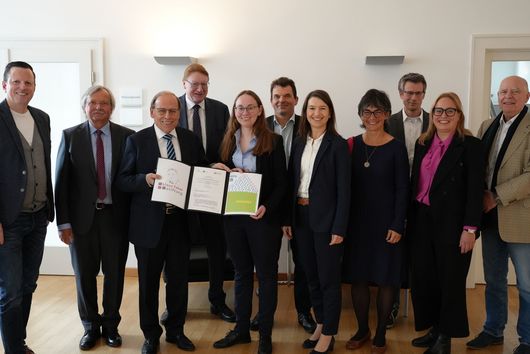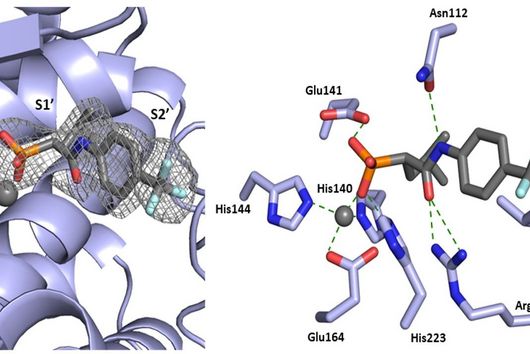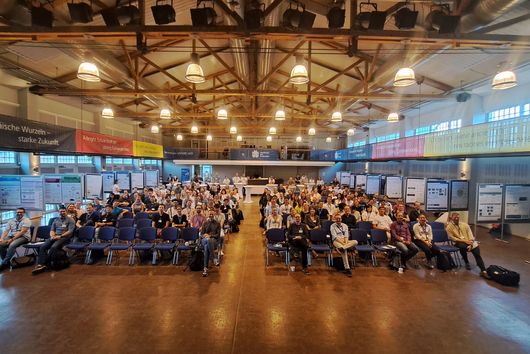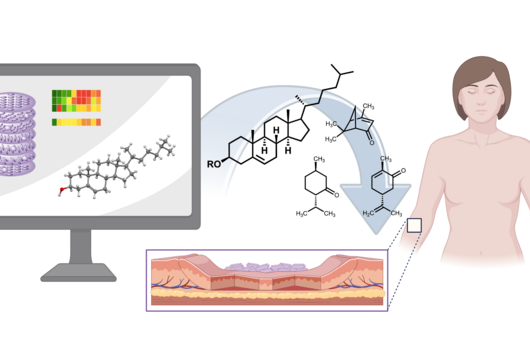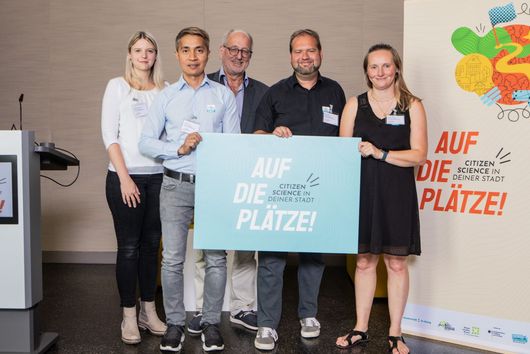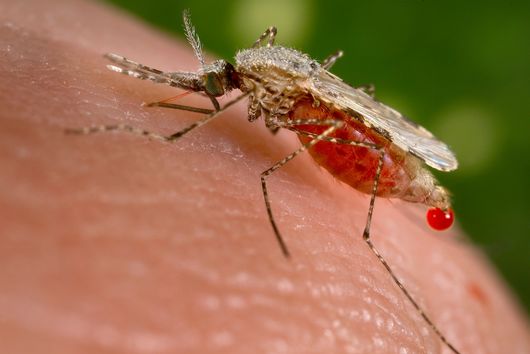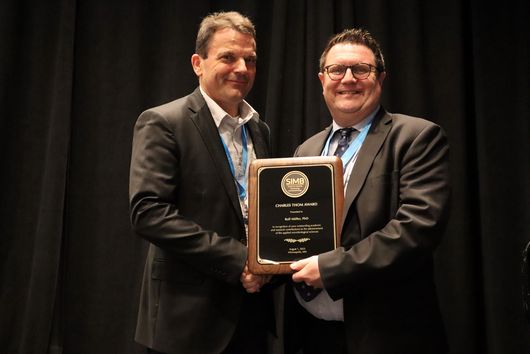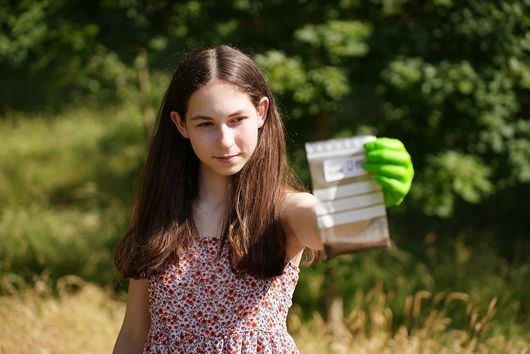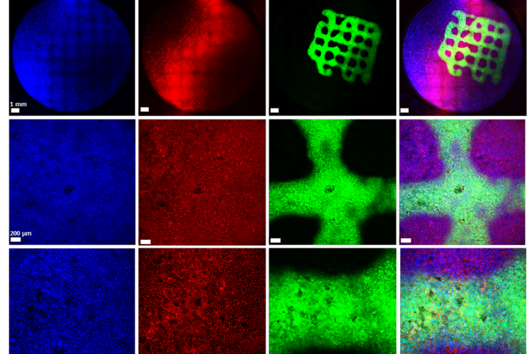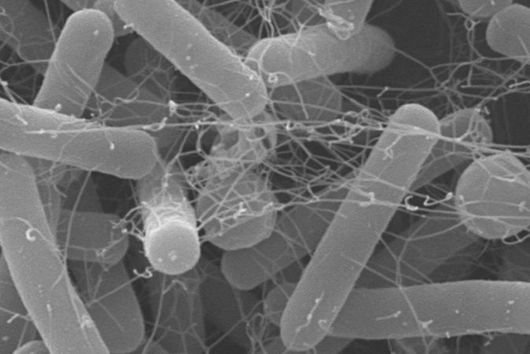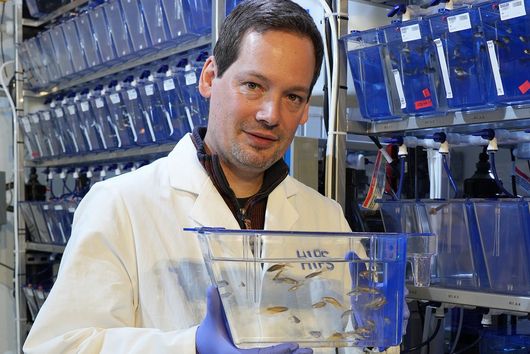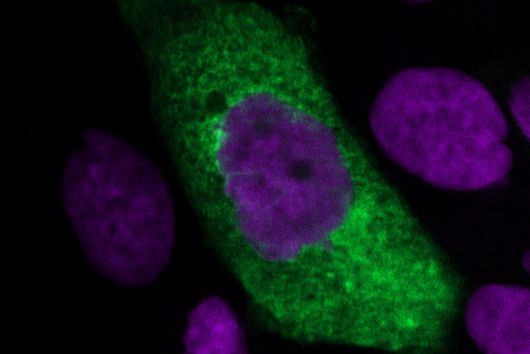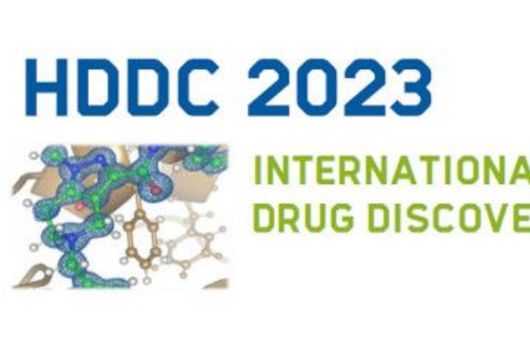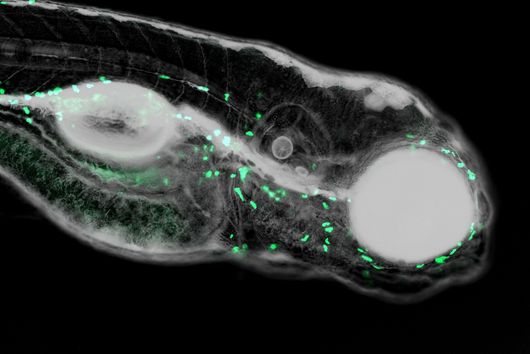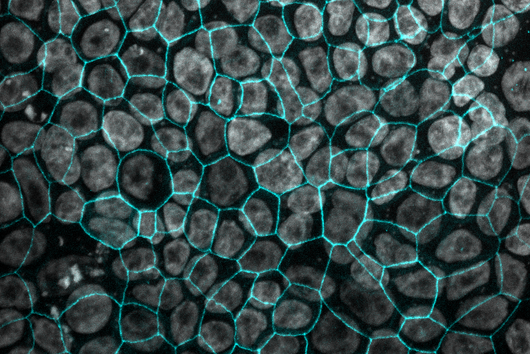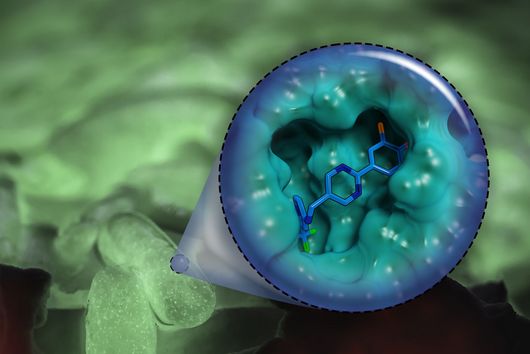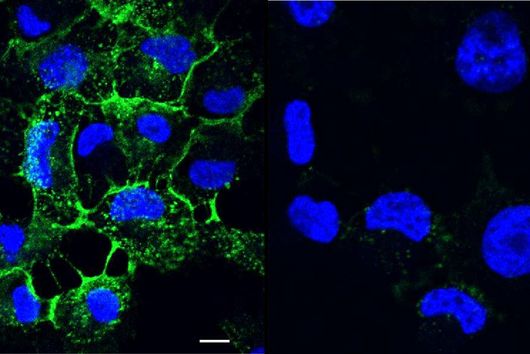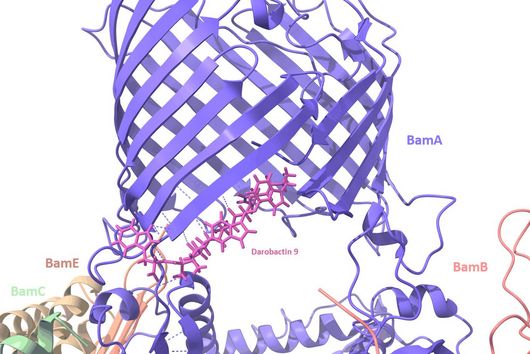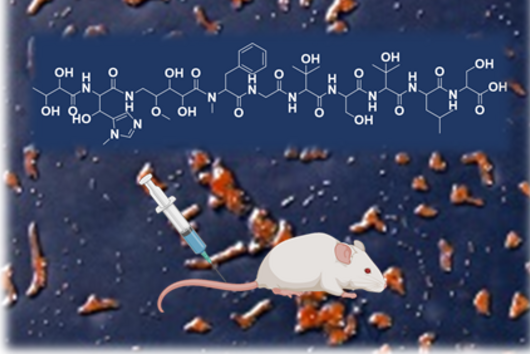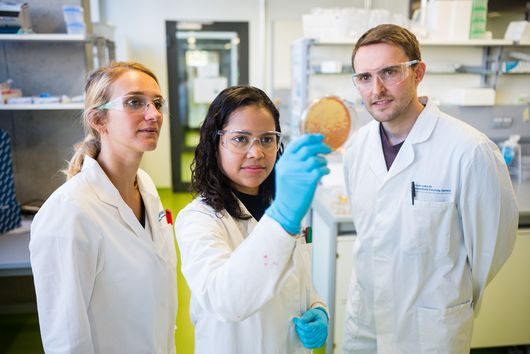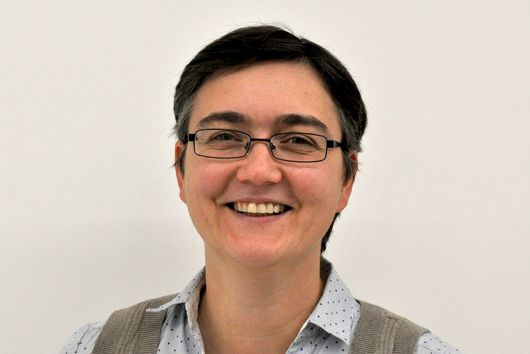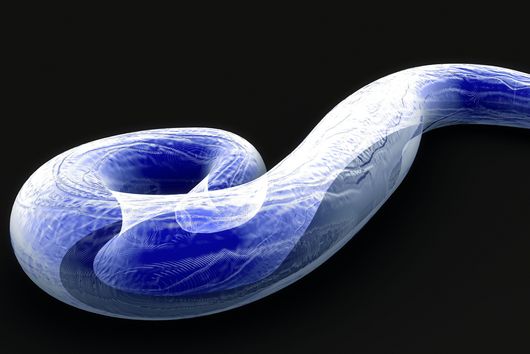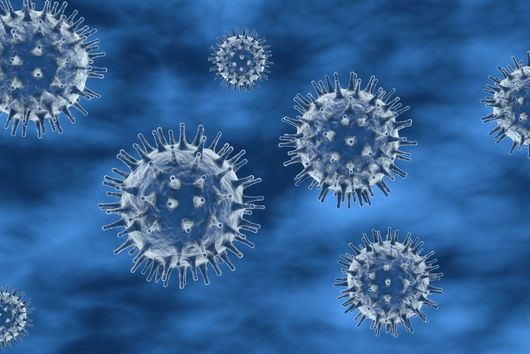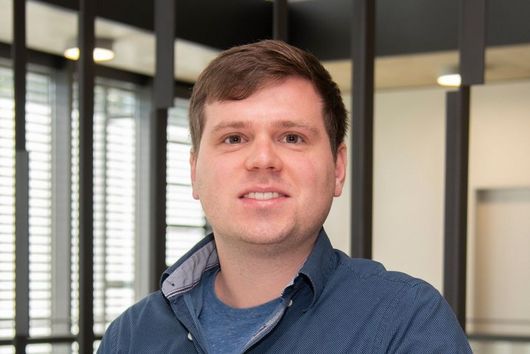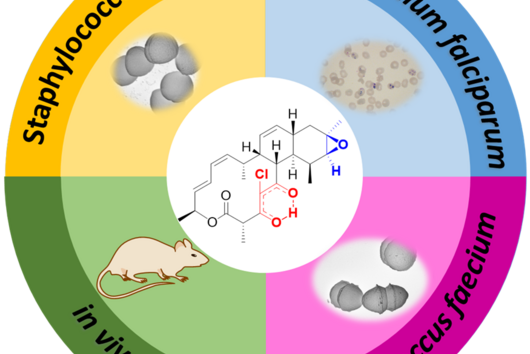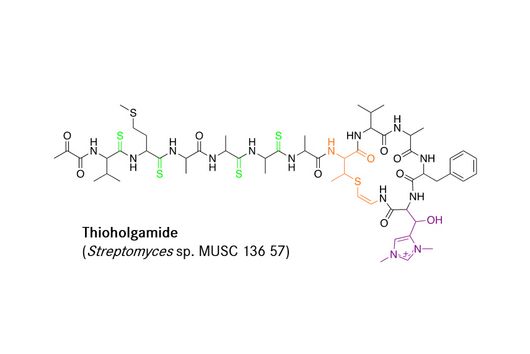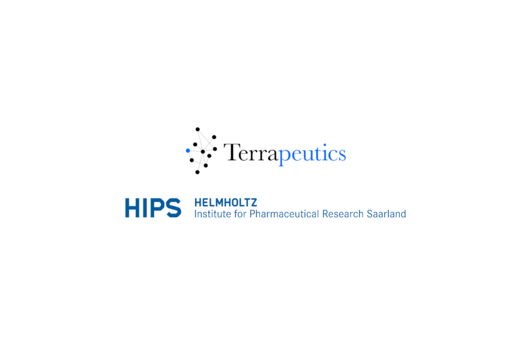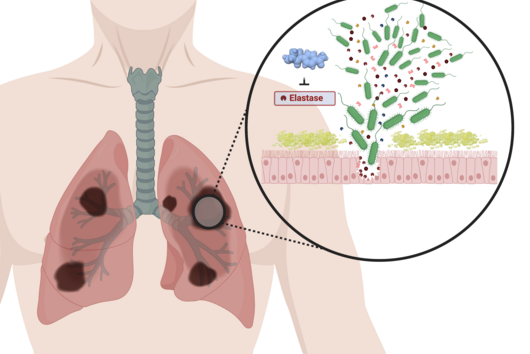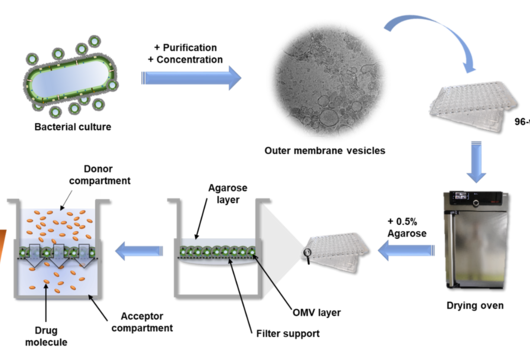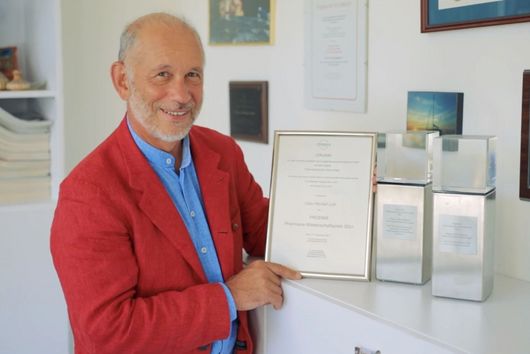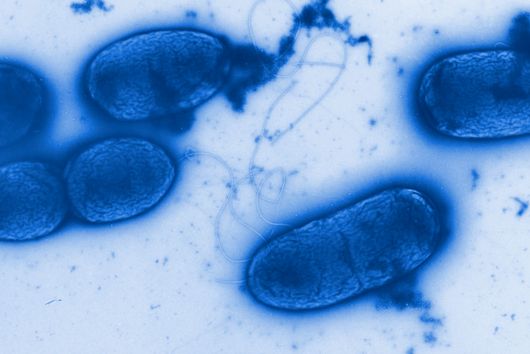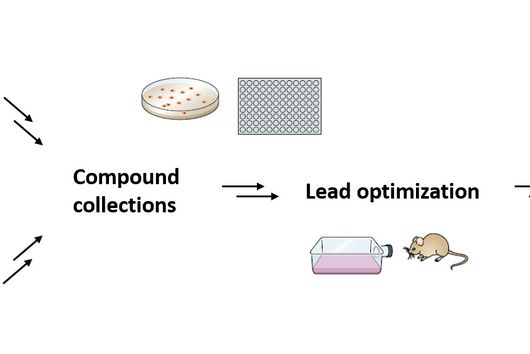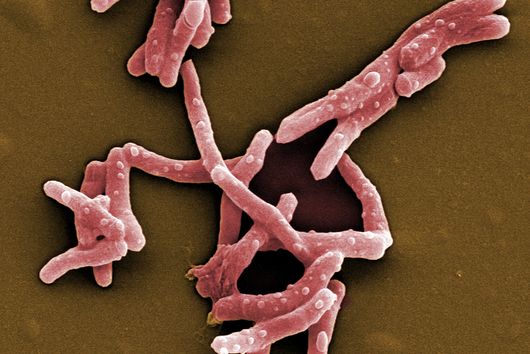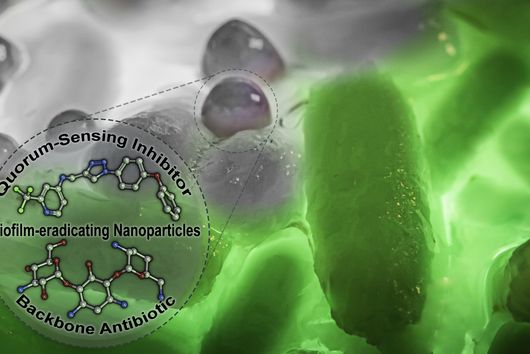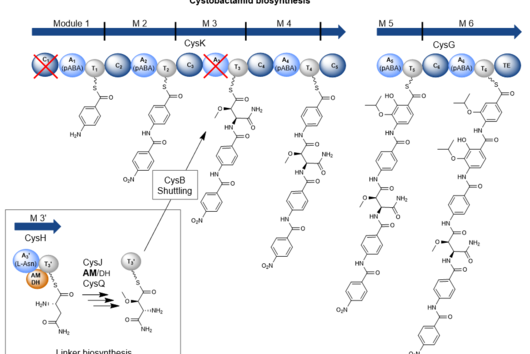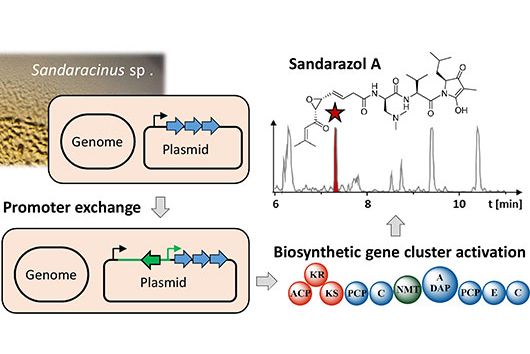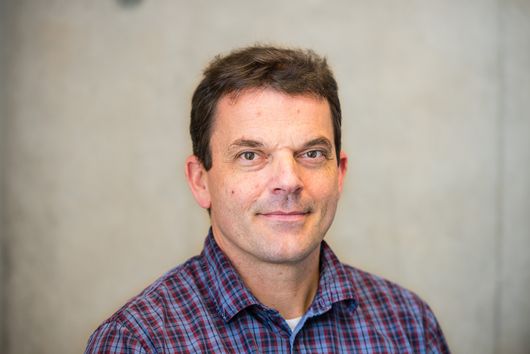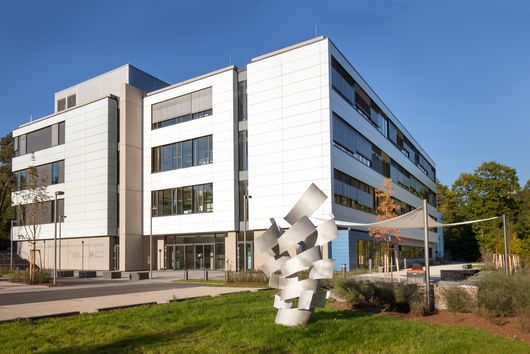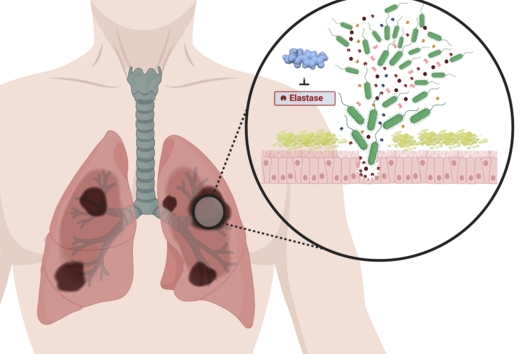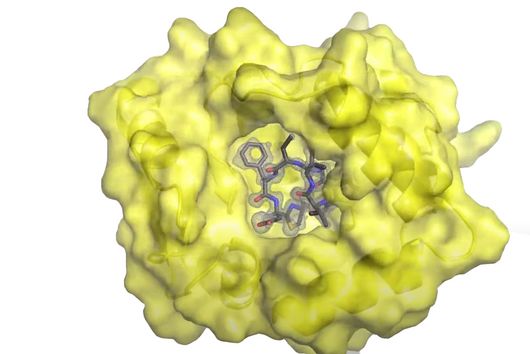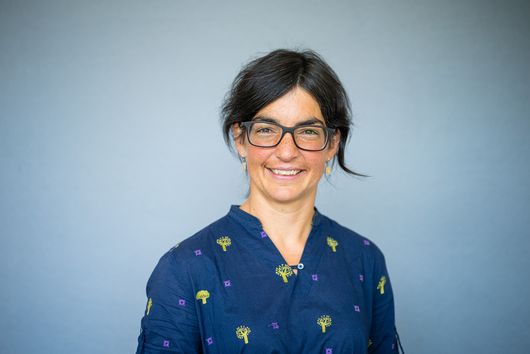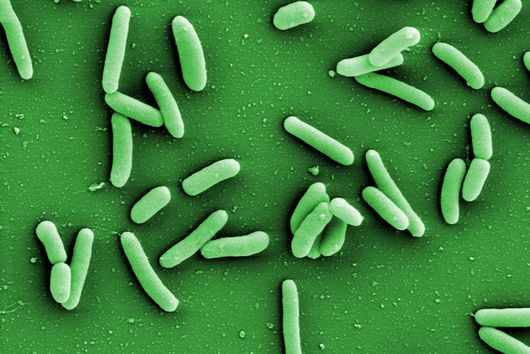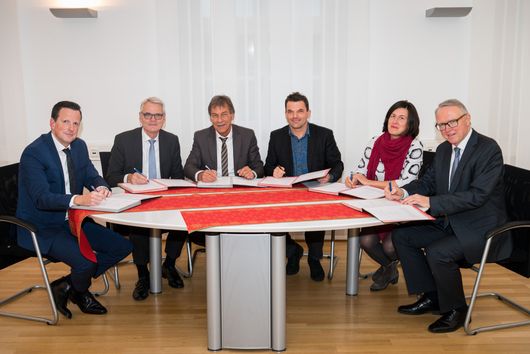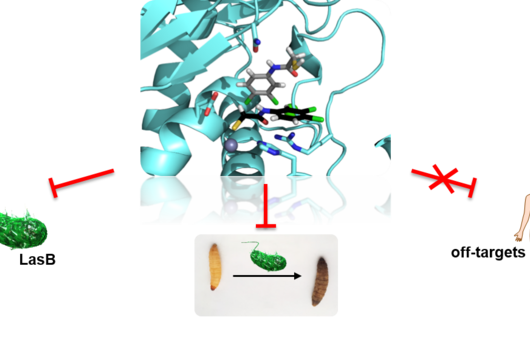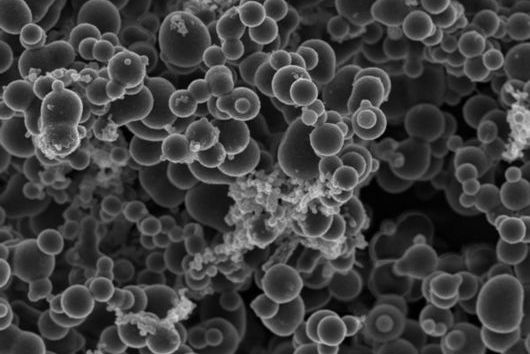Researchers at HIPS have been successful in obtaining funding from the INCATE incubator for the development of a new class of active agents. The INCATE grant of 10,000 € will enable Dr Jennifer Herrmann's team to work with external advisors to more precisely determine the steps necessary for the potential commercialization of chlorotonil. The class of active ingredients shows excellent efficacy in mouse models against the hospital pathogen MRSA and other pathogens.
A large number of active substances fail in the development process at the transition from academic to clinical research. The Basel-based incubator INCATE (Incubator for Antibacterial Therapies in Europe) has therefore set itself the goal of bridging this gap by providing targeted support for promising projects. The current project of researchers at the Helmholtz Institute for Pharmaceutical Research Saarland (HIPS) focuses on the substance class of chlorotonils. These are myxobacterial natural products with promising activity against multi-resistant pathogens - including the hospital pathogen MRSA (methicillin-resistant Staphylococcus aureus). HIPS is a site of the Helmholtz Centre for Infection Research (HZI) in collaboration with Saarland University.
Although chlorotonils and their antimicrobial effect were discovered as early as 2015, clinical application of the substance class has not yet been possible. This is due to unfavorable physicochemical properties of the original chlorotonil derivatives, such as poor water solubility. Only scientific findings in recent years have made it possible to produce new representatives of the chlorotonils that are suitable for use in humans. "We have studied this very interesting substance class for a long time and in detail, as we saw great potential in it. We finally applied our knowledge to modify the chlorotonils in such a way that they are suitable for use in humans, but at the same time do not lose their good efficacy," says Jennifer Herrmann, senior scientist in Prof Rolf Müller's department.
The INCATE grant of 10,000 euros will enable the team to work with external consultants to determine the next steps for commercialization. This includes, above all, finding a suitable indication area for the use of chlorotonils. "Bringing new antibiotics to market is not easy, as pharmaceutical companies show little interest in these substances due to their low price. This makes it all the more important for us to determine in advance exactly in which niche we want to place our product in order to increase our chances of success as much as possible," says Rolf Müller. The HIPS research team is supported in its project by Thomas Hesterkamp from the German Center for Infection Research (DZIF).
INCATE:
INCATE is a public-private partnership that brings together translational and basic research as well as industry, experienced entrepreneurs and investors from across Europe and beyond. The German Center for Infection Research (DZIF), the German consortium InfectControl, the Leibniz Institute for Natural Product Research and Infection Biology - Leibniz-HKI as well as the Swiss National Centre of Competence in Research AntiResist and the Innovation Office of the University of Basel are the academic founding members of the partnership. Together with the four industrial partners Boehringer Ingelheim Venture Fund, Roche, Shionogi and MSD Germany, as well as other organizations, sponsors and investors, INCATE aims to ensure that the pipeline of new antibiotics and diagnostics is filled and expanded. www.incate.net

